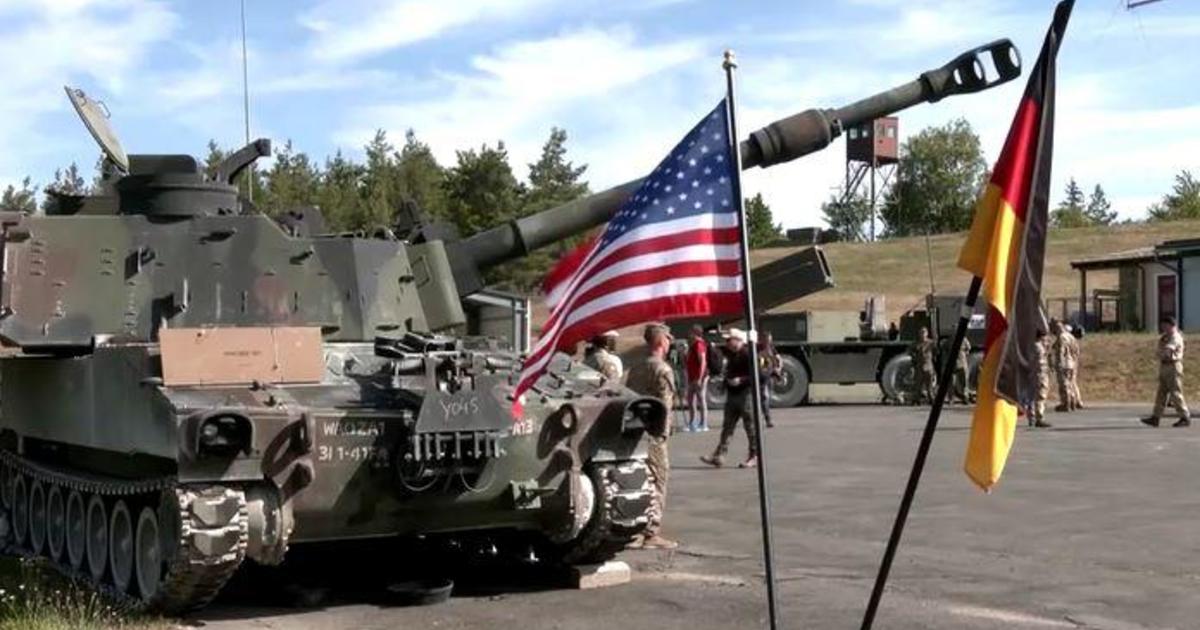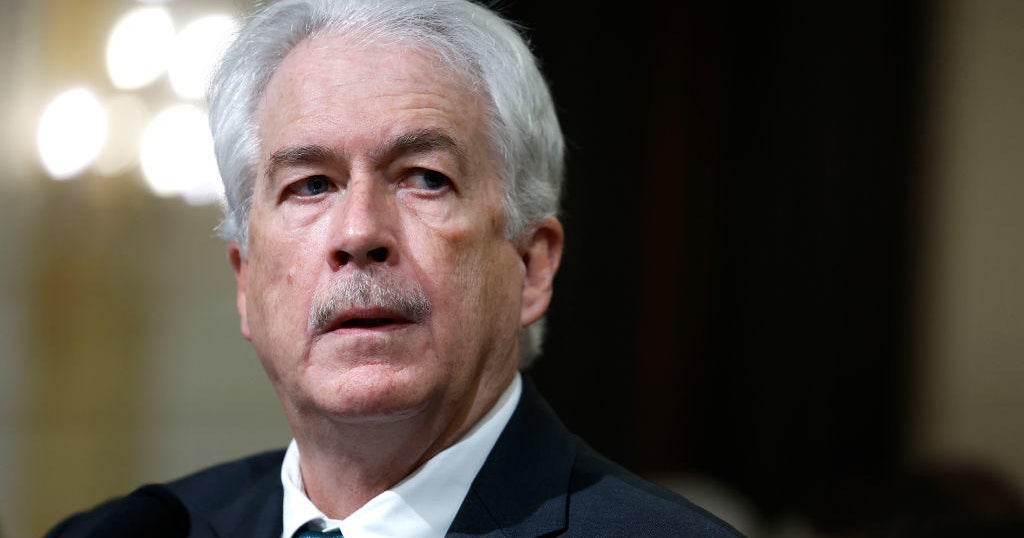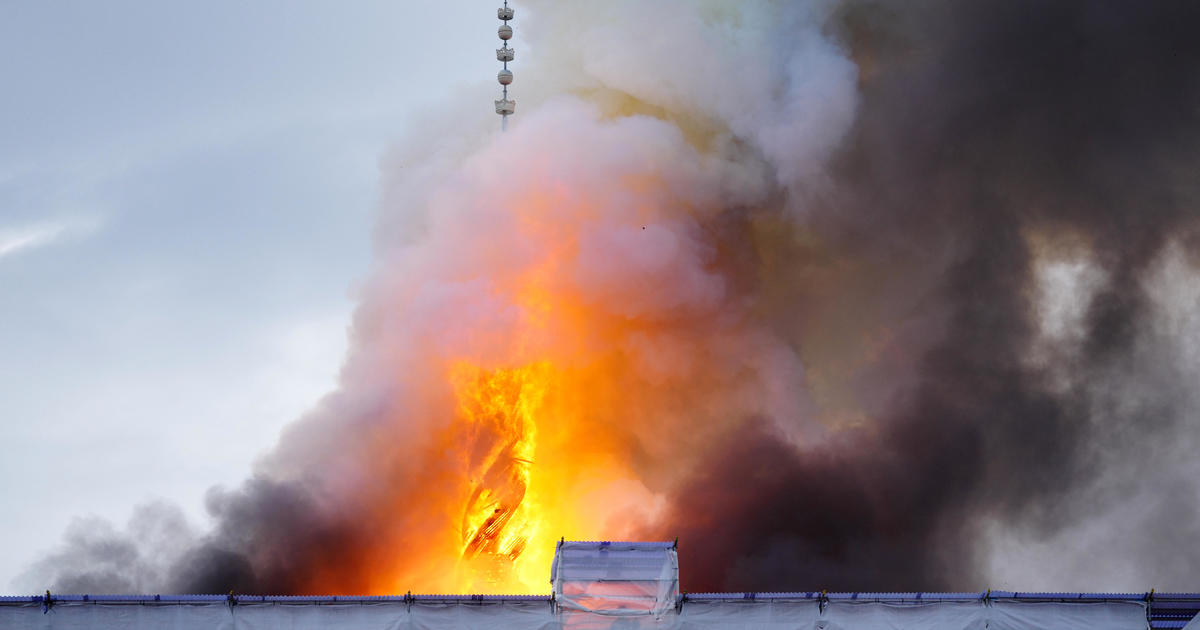96-year-old who endured four concentration camps during the Holocaust killed by Russian shelling in Ukraine
Boris Romanchenko, a 96-year-old Holocaust survivor, was killed last Friday in Kharkiv, Ukraine, when Russian forces shelled the city, according to Ukraine's Defense Ministry. During World War II, Romanchenko survived the concentration camps at Buchenwald, Dora-Mittelbau, Peenemünde and Bergen-Belson, the memorials for the Buchenwald and Dora-Mittelbau camps said Monday.
Romanechenko's granddaughter told the memorials that he was killed when the high-rise building he lived in was hit by Russian shelling.
"We are deeply saddened," the foundation said, while the Ukrainian Defense Ministry lamented that "Putin managed to 'accomplish' what even Hitler couldn't."
Romanchenko was born on January 20, 1926 in Bondari, Ukraine, the memorial said in a statement. He was deported to Dortmund, Germany, in 1942 and was forced to do labor underground, the statement said. In 1943, after attempting to escape, Romanechenko was sent to Buchenwald, where over 50,000 people are estimated to have been killed.
Those incarcerated at Buchenwald were often forced to perform slave labor for the German military. Romanchenko was one of those sent to Peenemünde, where he was forced to work on the development of the V-2 rocket. Buchenwald, which according to the foundation had grown to become Germany's largest concentration camp by the end of the war, was liberated by Ally forces in 1945.
According to the memorials, Romanchenko had served as the vice president of the Buchenwald-Dora International Committee, and was devoted to documenting and preserving the Nazi crimes that he and millions of others endured. In 2015, Romanchenko participated in an event commemorating the 70th anniversary of liberation of Buchenwald, the camp's memorial foundation said, during which he read "The Oath Of Buchenwald."
The oath, which was first read on April 19, 1945 at a memorial service dedicated to those who had been killed at the camp, ends with the promise to destroy "Nazism, down to its roots" and "build a new world of peace and freedom."
Kharkiv, where Romanechenko was killed, is Ukraine's second largest city. Like many other civilian population centers, it has been under fire from Russian artillery throughout the invasion. In a recent conference call with Chicago Mayor Lori Lightfoot, Kharkiv Mayor Ihor Terekhov said "The strikes from the sky are everyday and every hour. Bombings (of) peaceful residential buildings. Victims everywhere."
The mayor of Merefa, a city just to the southeast of Kharkiv, said that at least 21 people were killed Thursday when Russian strikes destroyed a school and community center in the city.



